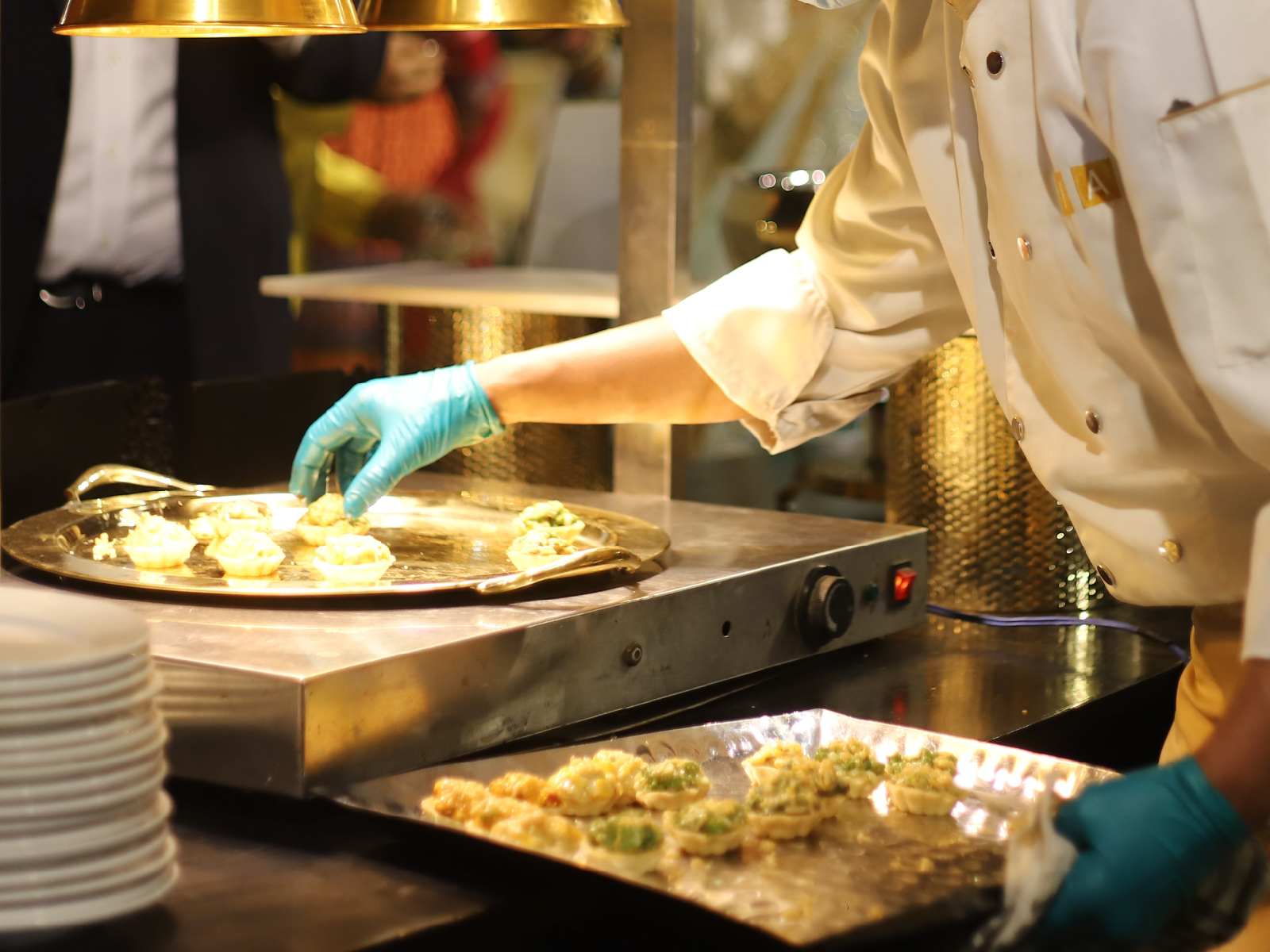The demand for Halal products is increasing not only from food but also from other categories such as pharmaceutical, cosmetics, fashion, travel, and media/recreation sectors. According to the State of the Global Islamic Report 2022, Muslim spending in 2021 has reached US$2 trillion and is expected to grow and reach US$2.8 trillion by 2025.
The main factors contributing to the increase is due to Islam being the fastest growing religion in the world and increased awareness of Halal products. In addition, the development of digitalisation, social media and the growth of e-commerce platforms has influenced significantly on the surge of the Halal market over the next few years.
Currently, the top 5 countries of Halal exporters are known as China, India, the United States of America, Brazil and Russia, mainly to the OIC countries. While the top 5 OIC countries importing the most Halal products are known as Saudi Arabia, United Arab Emirates, Turkey, Indonesia and Malaysia, which are also known as the countries with the most Muslim populations in the world.
Halal is defined as lawful and permissible based on Islamic law. According to the Halal Malaysia standard, a halal food/product is defined if it satisfies several conditions as follows:
- Does not contain any material from prohibited animals (pig and dog) according to Islamic law, or animals that have not been slaughtered according to the Islamic law
- Does not contain anything which is impure according to the Islamic law
- Does not intoxicate
- Does not contain any part of a human being or its yield
- Is not poisonous or hazardous to health
- Has not been prepared, processed, or manufactured using equipment or utensils that are contaminated with impurities
- Has not while preparing, processing, or storing been in contact with mixed, or near any food/product that fails to satisfy item (i) and (ii) above
Therefore, through the definition of Halal food/product above, we could understand that the Halal certification process must go through a stringent process to always preserve the Halal integrity within the duration of the validity of the Halal certificate. This includes the requirements to separate and segregate Halal products and the processing from the potential of contamination from any non-halal elements.
Halal is always referred to being Halalan Thoyyiban which means that the products do not only obtain from Halal sources but also could be accepted by nature, free from non-halal or unsure elements (syubhah) and is clean, safe as well as nutritious. The monitoring of Halal processing is important to ensure that there is no contamination of non-Halal elements or impurities which includes the process of obtaining the raw materials, producing, storing, until transporting the products to the end users.
The monitoring of Halal integrity could be more challenging in which the processes of both Halal and non-Halal are nearby to each other. This is the case among hotel and resort operators where they are allowed to choose any of their kitchens to apply for Halal certification and not compulsory to apply for all kitchens/restaurants. This condition is different from other Halal certification schemes such as food manufacturing, cosmetics, pharmaceuticals, and abattoirs.
The internal Halal committee in the hotel must make sure that they have effective Halal control and monitoring in their standard operating procedures. For example, the materials and equipment from the non-Halal kitchen should be separated, not to be mixed or brought into the Halal kitchen, and vice-versa. This also includes planning proper mechanisms of the shared pathway between the Halal and non-Halal materials to avoid mixing or contamination.
This is important to be achieved by providing proper training to the workers on Halal awareness and increasing competencies in Halal processing among the internal Halal committee members. Besides that, it is crucial that the management pay attention to reviewing their Halal activities and processes through an internal audit program in making sure that their procedures are working effectively.
In conclusion, the standards of Halal certification are meant to provide guidelines to operators. Even though Halal certification remains voluntary, the strict process provides trust and peace of mind to the consumers which are mainly impacted by Islamic faith-inspired ethical and health consumption needs. It is mainly an indication of the Halal reliability and integrity associated with the quality, hygiene and safety of products/services.
Halal industry players can take advantage of moving towards manual records and proper documentation from old excel/access-based compliance solutions to VH SMART™️ and embarked towards digital transformation that will help them to better manage their Halal processes. Visit https://serunai.com/portfolio/vhsmart/ to find out more.













Like (0)